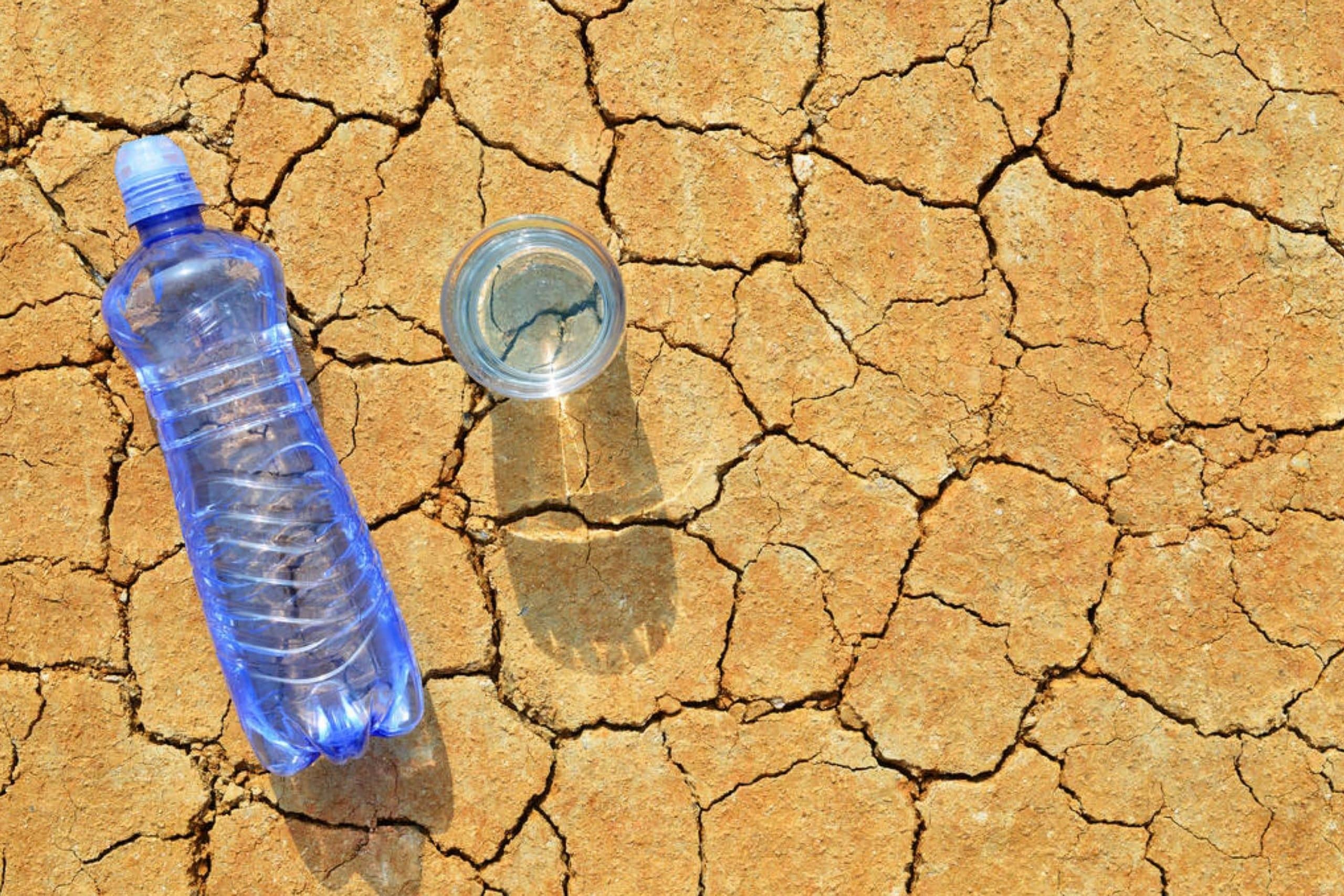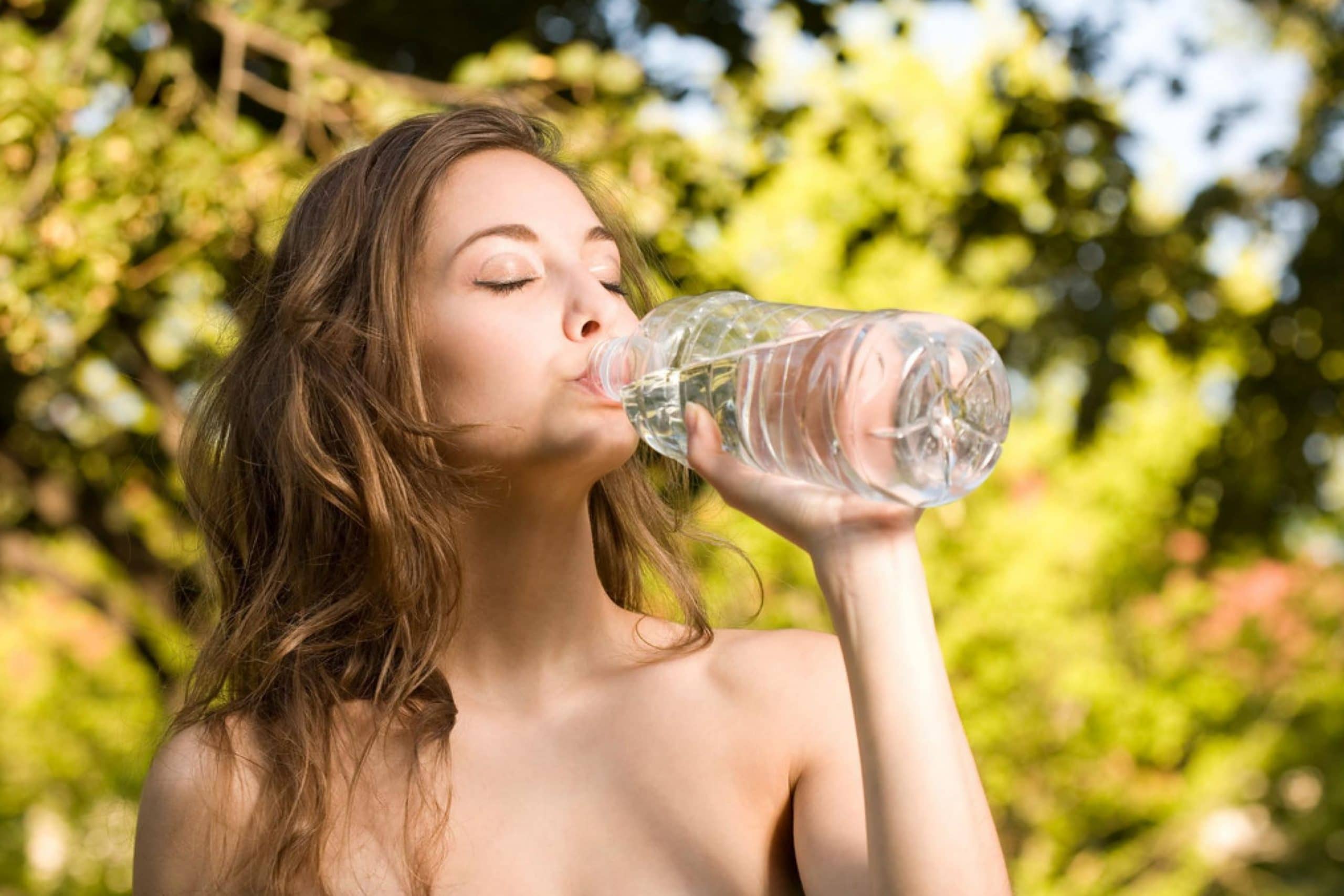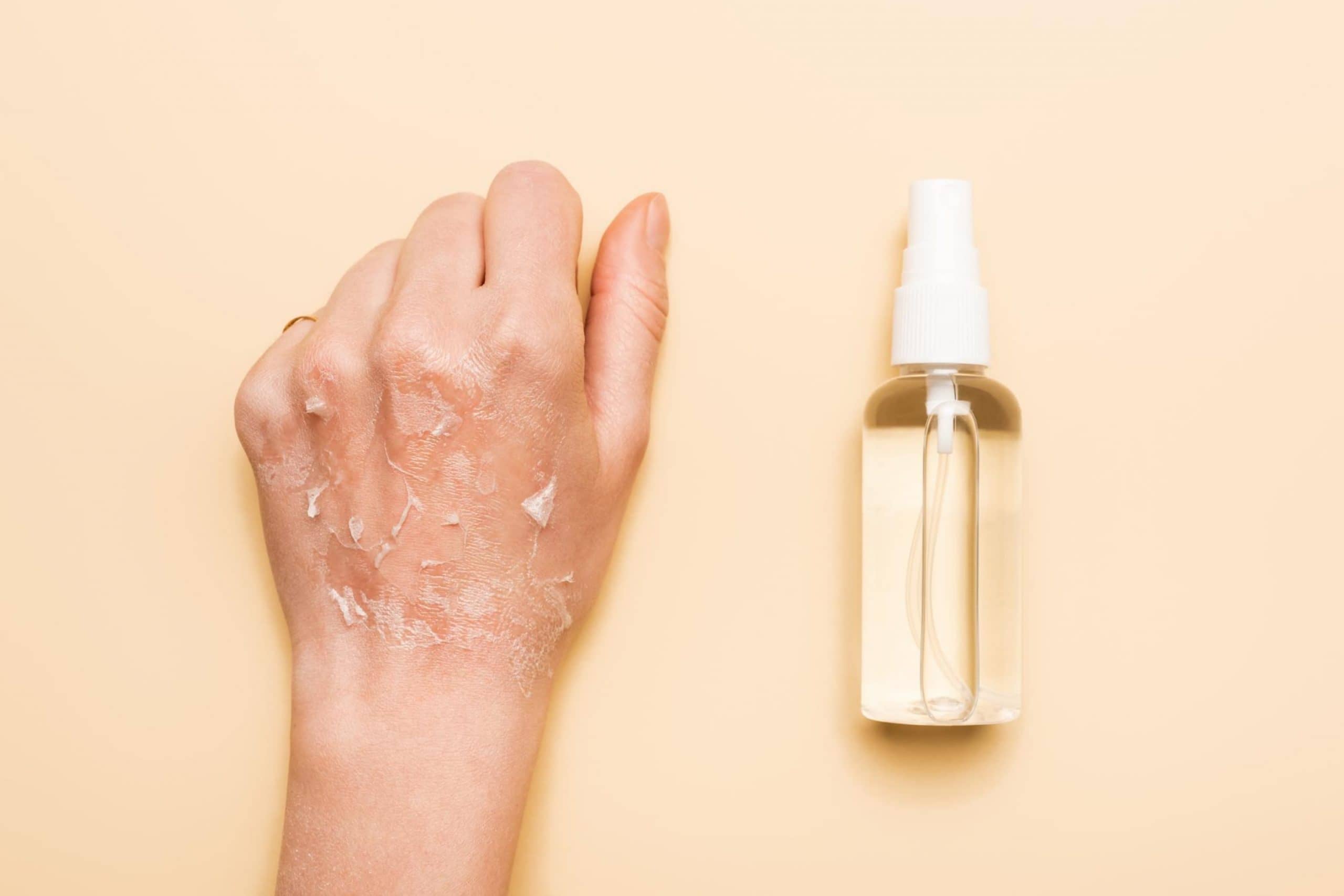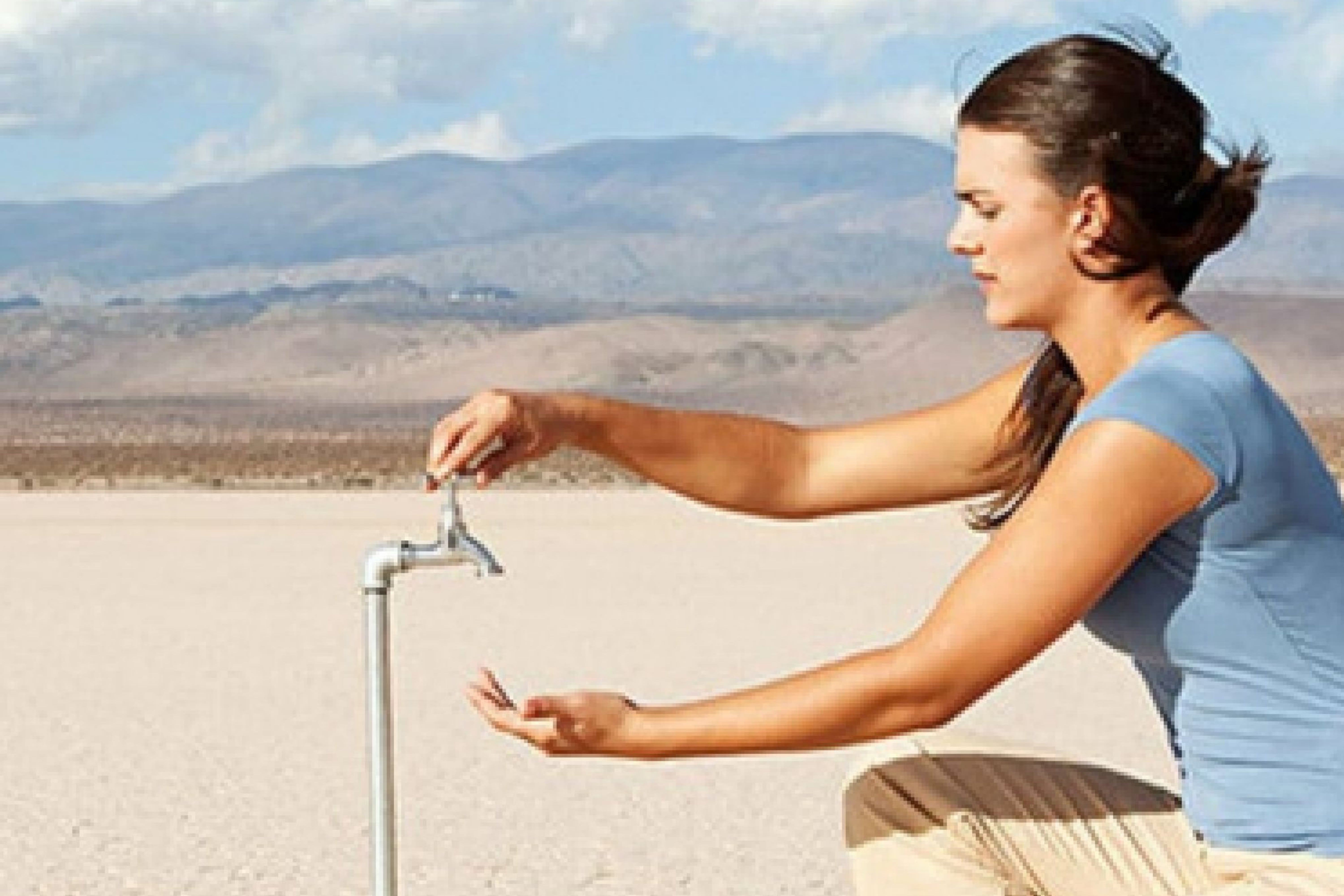If you often think about how much water I should drink that tips and information will be useful.
Of course, everyone knows about the benefits of proper nutrition, as well as the fact that you need to drink enough water.
But many people forget about it, and when problems appear, they do not even associate dehydration with diseases.
We tell you how to recognize the lack of water in the body.
How much water should I drink?
There are many different opinions. Some experts say that you have to drink three liters a day, others – “as much as you can,” others advise not to think about it at all.
But it is known that children and older people need more water than usual.
The same amount of water needs who have experienced a heart attack or a severe viral infection. In a hot climate and after exercise, it is also essential to drink more. In any case, it is best to drink when you are thirsty.
Do not forget to drink before, during, and after exercise, as well as eat vegetables and fruits.
The more is better!

You became thirsty occurs when your body lacks only 2% of the 5-7 liters present in the body.
It is enough to drink just one glass of water.
But there are other signs of dehydration, and they are much more severe.
1. Dry mouth
Another signal that you need more water. The body does not produce enough saliva if there is not enough fluid.
Due to the dryness, you also get bad breath.

2. Dark urine
The more fluid enters the body, the brighter the urine you get. When it is dark, it means that it is more concentrated and your body has a lack of water.
3. Rare toilet visits
If there is not enough water, you will go to the toilet less often. Only this is fraught with serious health problems, including the appearance of kidney stones.
4. Dry skin
As it is known, the skin is the largest body organ, and it needs good blood supply for normal functioning. If you notice that the skin has become drier, do not try to moisturize it from outside, better drink more water.

5. Poor blood circulation
More than half of the blood in the body is plasma – the liquid part. It consists of water, protein, and salt. With a lack of water, the blood becomes more concentrated.
6. Muscle cramps
The lack of water affects primarily those areas where it is needed most, which means that you can get muscle pain.
7. Fatigue
It can also be associated with dehydration. The pressure decreases, the blood flow becomes slower, and the pulse quickens – and you no longer want to stand up and go anywhere from the sofa.
8. Headache
One of the most frequent problems if the lack of water in your brain.

And what can you do with it?
In case of severe dehydration, you need to drink water in small doses.
Otherwise, it will immediately come back.
It is important to eat something salty and keep drinking until the symptoms stop. In difficult cases, you will have to take medicines that allow you to saturate the body with a liquid, or even go to the hospital.
[wp-faq-schema title=”Frequently Asked Questions”]

. How to treat muscle cramps from dehydration?
To treat muscle cramps caused by dehydration, it’s essential to rehydrate your body. Start by drinking water or an electrolyte-rich beverage like a sports drink. Gently stretch and massage the affected muscles to relieve tension. Applying a warm compress may also help relax the muscles. Avoid vigorous exercise until you’re properly rehydrated to prevent further cramping.
What are dehydration symptoms?
Dehydration symptoms can include dry mouth, dark urine, infrequent urination, dizziness, fatigue, increased thirst, dry skin, headache, and rapid heartbeat. In severe cases, it may lead to confusion, fainting, or low blood pressure. Monitoring these signs is crucial to prevent complications associated with dehydration.
Can dehydration cause body aches and chills?
Yes, dehydration can lead to body aches and chills. When you’re dehydrated, your body loses essential electrolytes like sodium and potassium, which can disrupt muscle and nerve function. This can result in muscle aches and may make you feel colder than usual. Rehydrating and replenishing lost electrolytes can alleviate these symptoms.
What are chronic dehydration symptoms?
Chronic dehydration occurs when a person consistently fails to consume enough fluids over an extended period. Symptoms of chronic dehydration may include frequent headaches, constipation, dry skin, fatigue, urinary tract issues, and a heightened risk of kidney stones. Addressing chronic dehydration often requires significant changes in fluid intake habits.
How do muscle cramps relate to dehydration?
Muscle cramps can be a common symptom of dehydration. When you’re dehydrated, the balance of electrolytes in your body is disrupted, leading to muscle contractions and cramps. Ensuring proper hydration with water and electrolyte-rich fluids can prevent and alleviate these cramps.